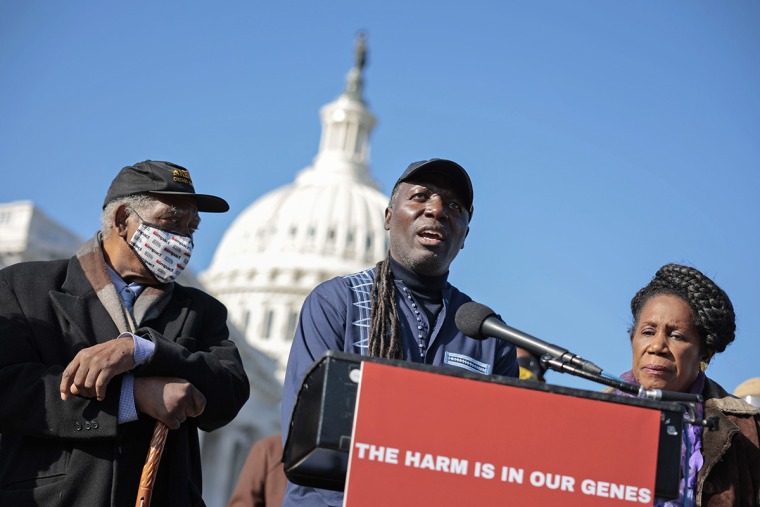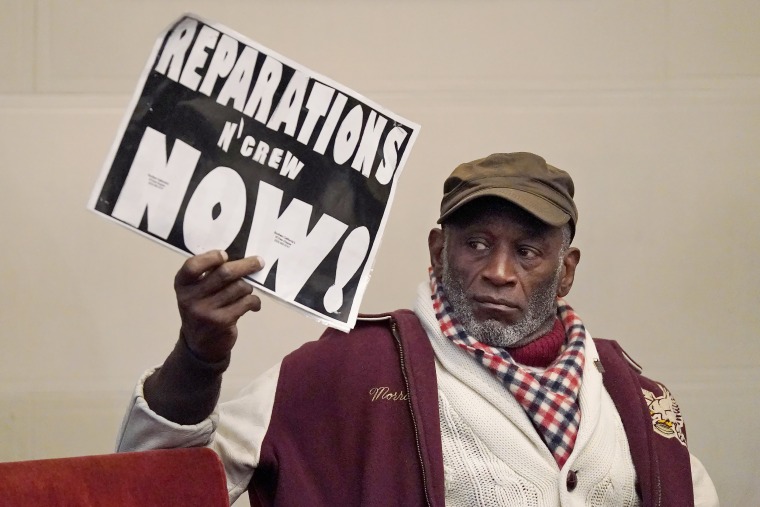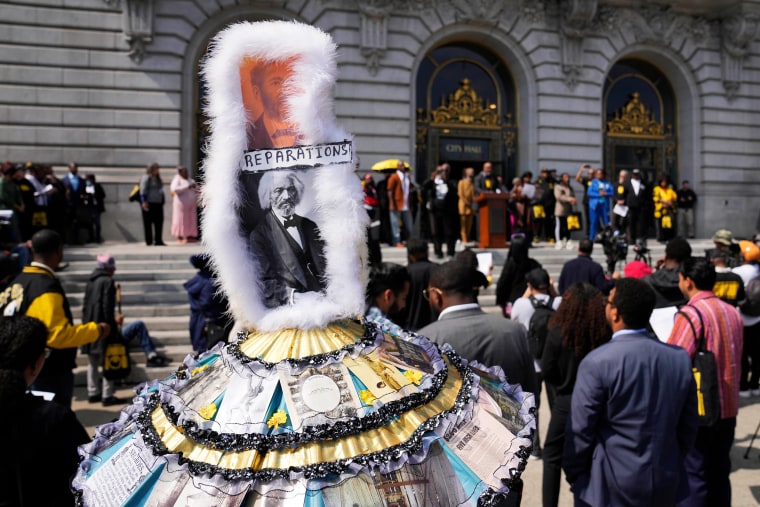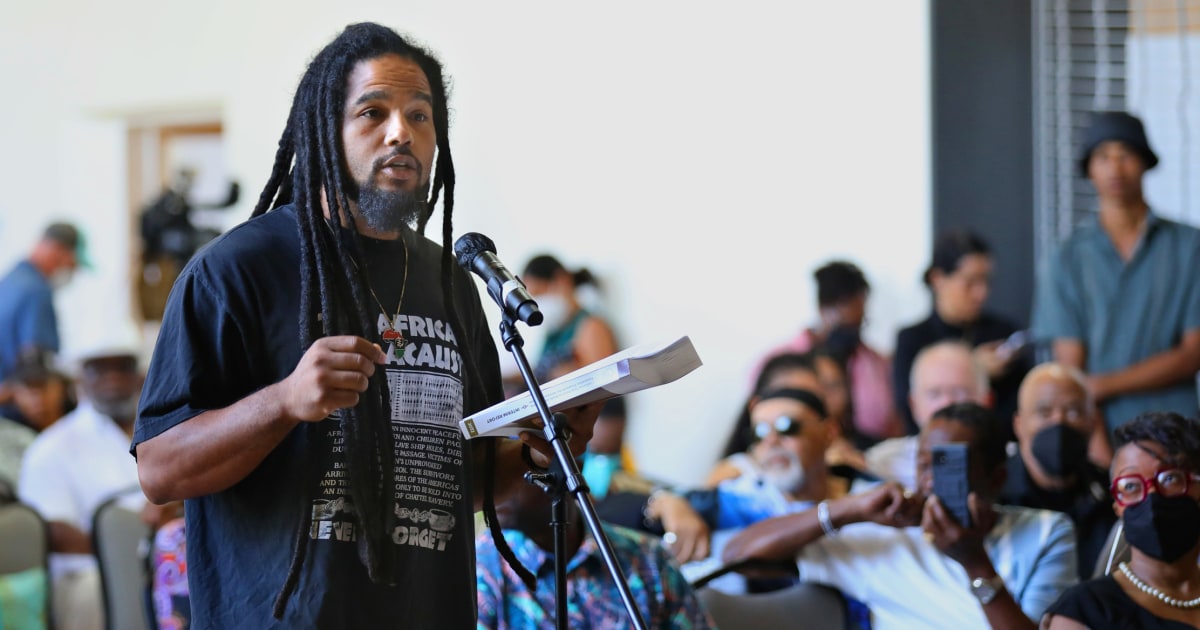
California has emerged as a leader in the reparations movement for Black Americans, with a dedicated task force that spent two years studying discriminatory practices on African American communities. The state's Reparations Task Force released a comprehensive report offering a detailed blueprint for reparations, potentially guiding other states and the federal government. California is the first city in the country to pay reparations to its eligible Black residents. The underlaying reticence of a significant part of the population is a significant barrier to reparations. However, California's reparations task force has spent much of its time since the publication of the recommendations report visiting groups and communities of all races, sharing knowledge about reparations, how they would work, and why they are important. The committee's report lays out 112 recommendations that include programs around housing, education, and public health, among many others. California Legislative Black Caucus has hired a team of experts to whittle down the massive report to a digestible length. The group plans to ultimately create and present 12 bills that will cover the report's recommendations. While California's Senate is made up of 80% Democrats, which could be a positive for these bills, Governor Gavin Newsom has expressed reservations about cash payments as the sole form of redress. Despite some support for studying reparations at the federal level, progress has been slower. A 2020 Citigroup study highlighted the significant economic loss incurred due to racism in the U.S., reinforcing the argument that reparations could be a valuable investment in the nation's future.




